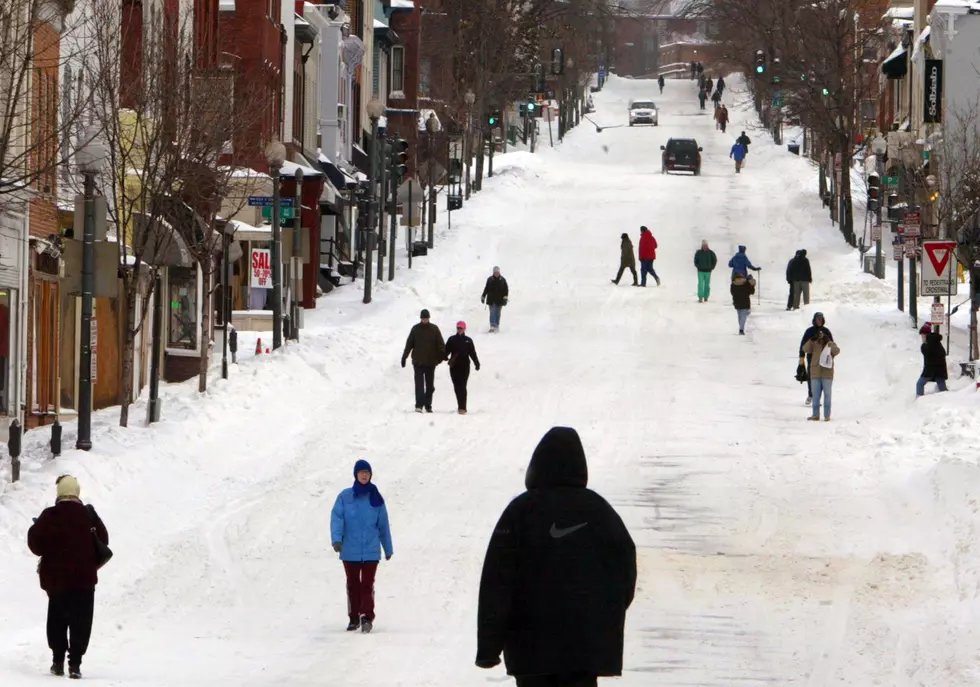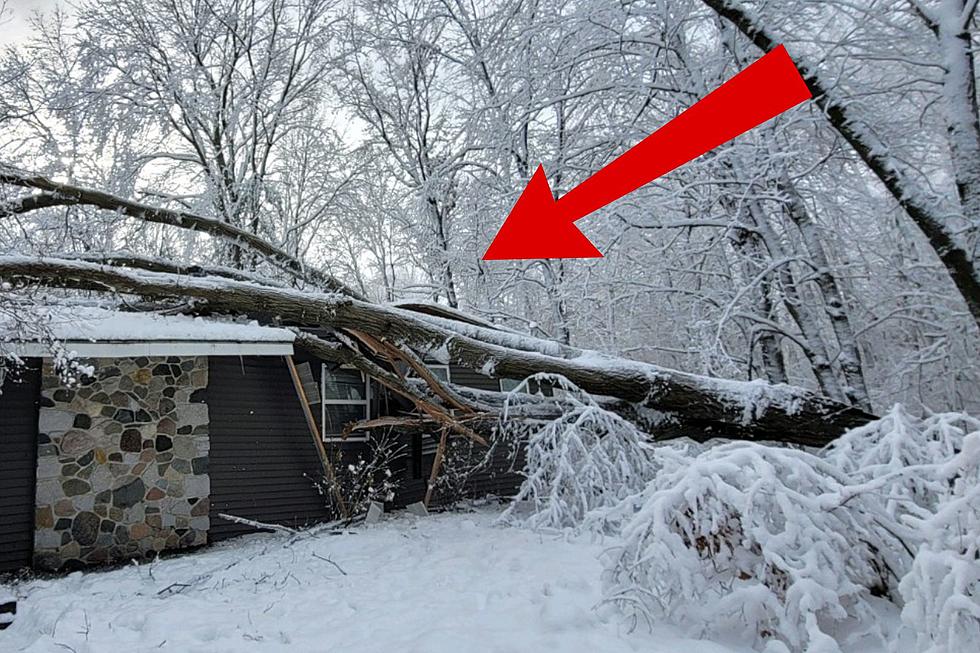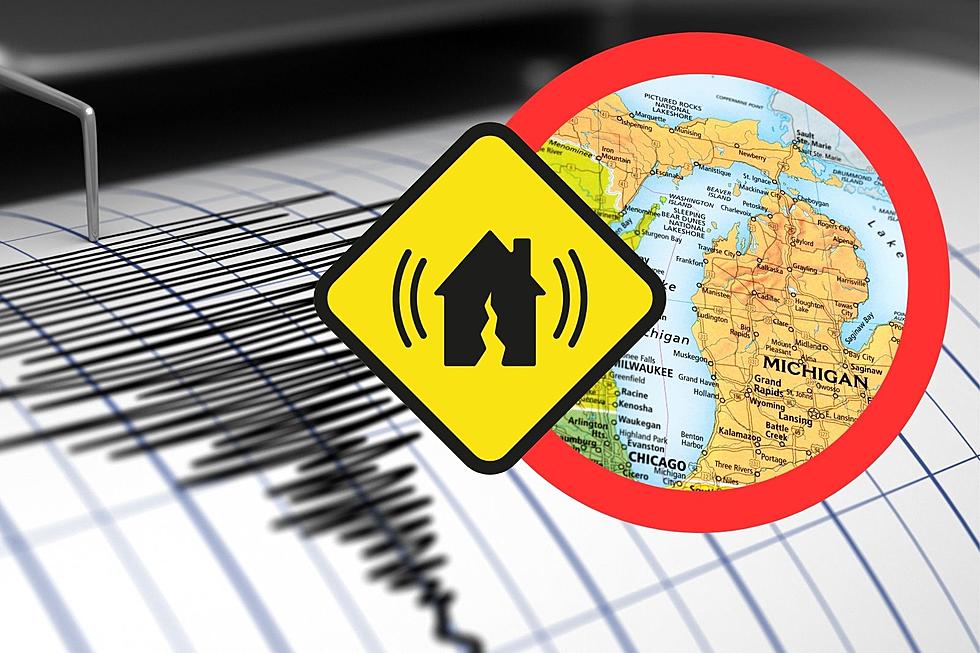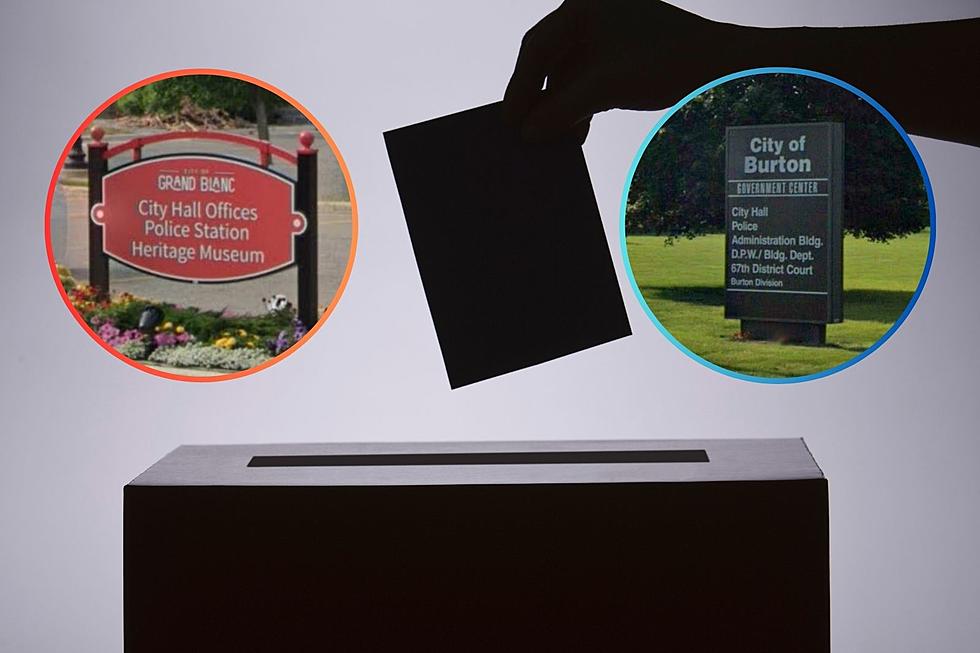
Dear WaPo Writer: Michiganders Are Bada**
Monica Hesse of the Washington Post had some pretty cranky things to say about us so, as a Michigander, I thought I'd submit my retort.
Click HERE first to read Monica Hesse's piece, telling us all to 'shut up.'
I've lived in three different states: Wisconsin, Washington, and now I reside in southeastern Michigan. However, I spent my formative years in the frozen tundra of suburban Milwaukee, where summer temps exceed 100 and winter temps drop below zero.
The seasons are bold and extreme in the Midwest. Summers are hot and humid, winters are freezing with snow measured in feet, not inches.
Most of us don't get to choose where we're raised; it's wherever your parents decided to hunker down to raise a family. I've never been a winter bird; I played in the snow as a kid, but I don't care for it. I much prefer summer, spring and fall, filled with swimming, hiking, and other outdoor activities. But I grew up where my parents wanted me to, and I've lived since wherever work has taken me.
Living in the Midwest makes you badass. We're used to it. ALL of it. It's been 70 degrees in February and we've gotten snow in April. It is what it is, and it's changing. Most sane humans can admit that climate change is real, as seen by our country's rapidly fluctuating weather patterns.
We get it - you don't like winter. You're not the first to hate snow and cold, and you won't be the last. Let's be honest - if everybody who hated winter could CHOOSE where they'd live, we'd all be in the Cayman Islands at this point. But, we don't always have a choice. Family, jobs, etc. take us wherever we end up. And we learn to deal with our surroundings.
Your comment about being "licked by a domesticated elk" reminds me of a comment that somebody made to me when I moved to Seattle. My friend Kel asked me if I "lived on a goat farm" in Wisconsin.
Ummmmm, no. I lived in the 30th most populated city in the country, with a metro population of 1.57 million. Yes, some people in Wisconsin live in rural areas. Some live on farms. But this just goes to show how little he actually knew about, well, anywhere outside of Seattle.
Yes, there are some elk farms in Michigan. But I've never met anybody who has one as a pet, sleeping at the end of their bed.
I couldn't find where you're originally from, Monica, but I can see that you live in and identify with the east coast. By the way - a good portion of Michigan is in the Eastern time zone, but I digress.
So, let's take a look at your base of Washington D.C. It's not Arizona; it's not a tropical climate. The average low temperature in January in the year 1948 was approx. 29 degrees.
Now, let's take a look at Michigan (we'll go with Detroit, as a similarly populated area). The average temperature in January of the same year was 30 degrees.
Your average July temperatures are 80 degrees, while ours are 79.
Ergo, our climates are very, VERY similar. News flash: the climate in mainland Michigan is much, MUCH different than the UP, but again, you clearly wouldn't know that.
You said in your piece that you weren't supposed to have a bomb cyclone, nor did you want one. Guess what? Same here!
Winter enthusiasts can't even get down to sub-zero temps because it's too dangerous to go outside in said weather to enjoy winter activities such as skiing, skating, and (as you so poignantly put it), snowmobiling.
The difference is, we DO shut up about it. We deal with it. And we're sick of hearing YOU complain about it. D.C. isn't Hawaii. You have been having record-setting snowstorms for decades now, with one of them going as far back as 1922 (according to your own publication).
So, what we "northerners" are wondering is...why do you continue to act shocked, appalled and unprepared?
May I also point out that the coldest location in the United States is Mount Washington in...New Hampshire, which is also considered the "east coast."
The climate has changed. It is what it is. For those of you complaining, including Monica, here's a tip: get a big jacket, a shovel and deal with it. Look forward to the warmer months, like the rest of us. This is the new normal.
More From Cars 108









